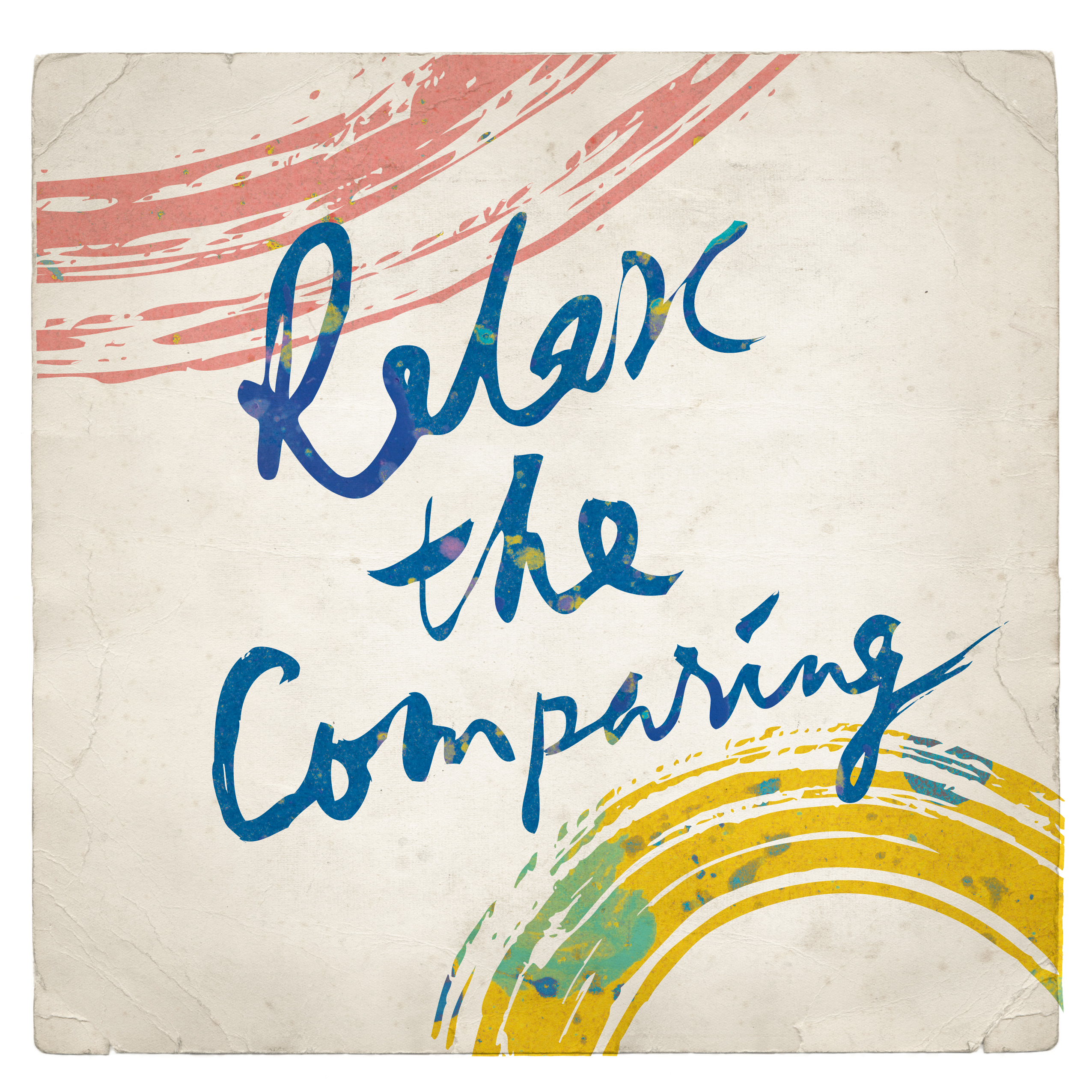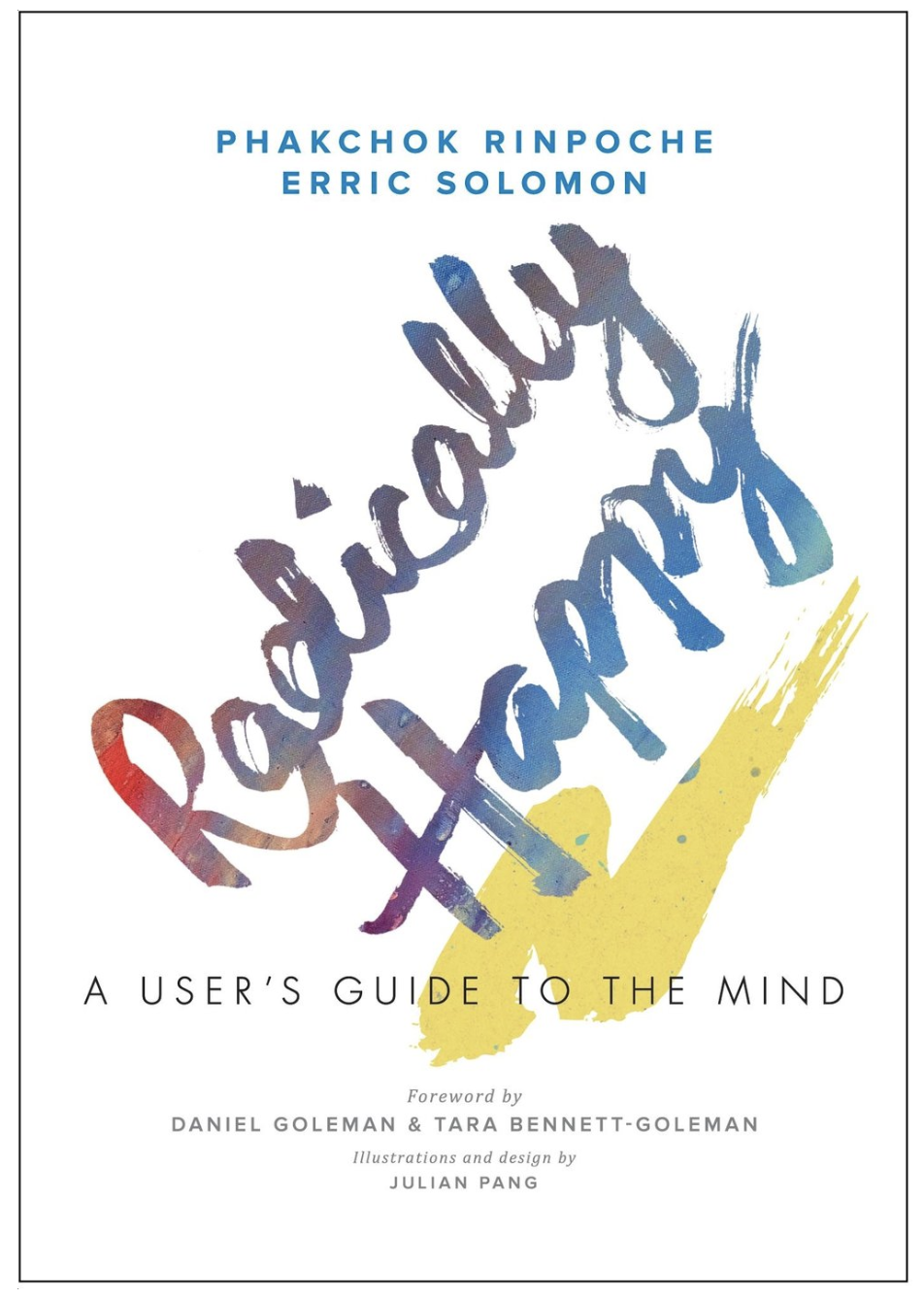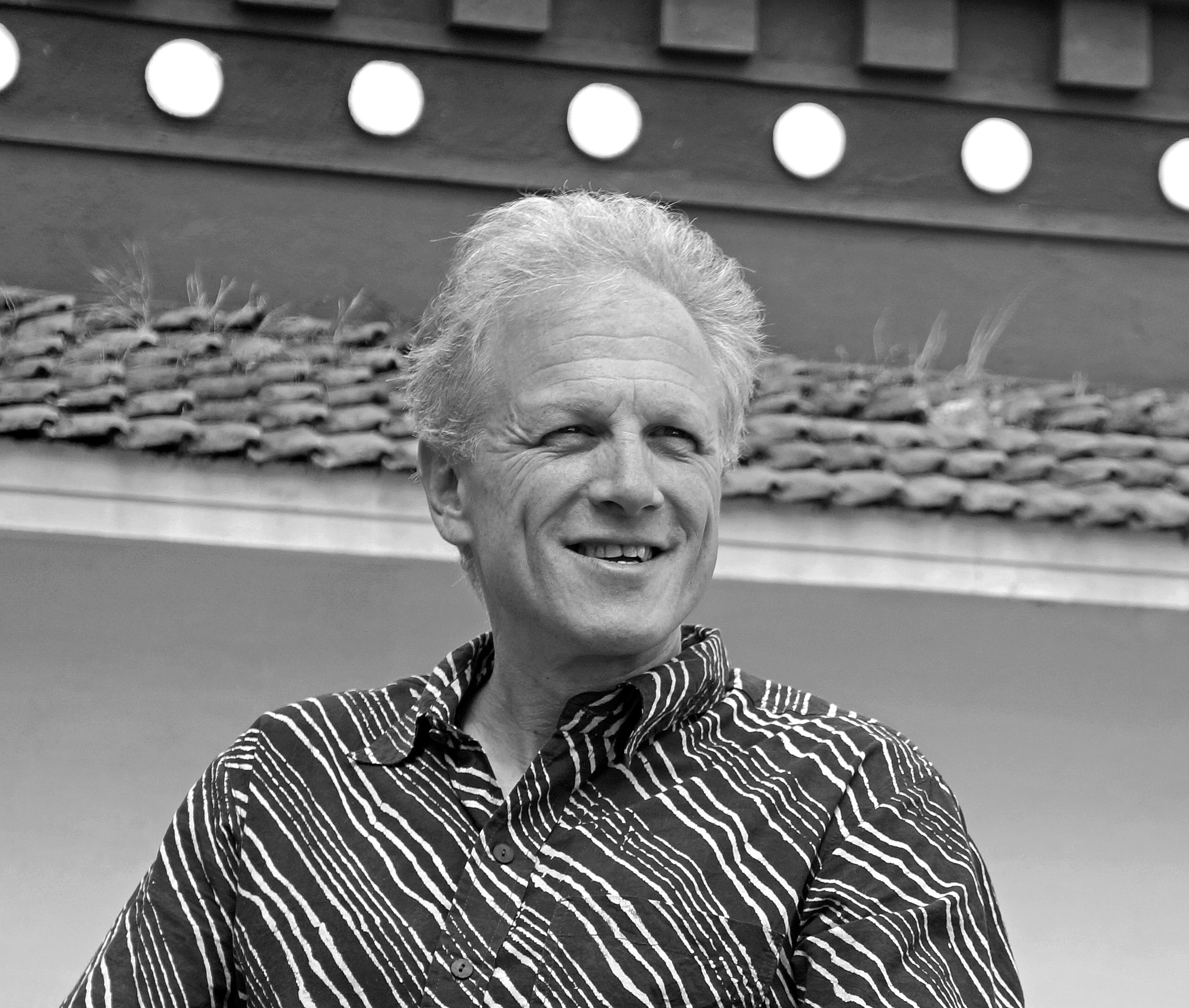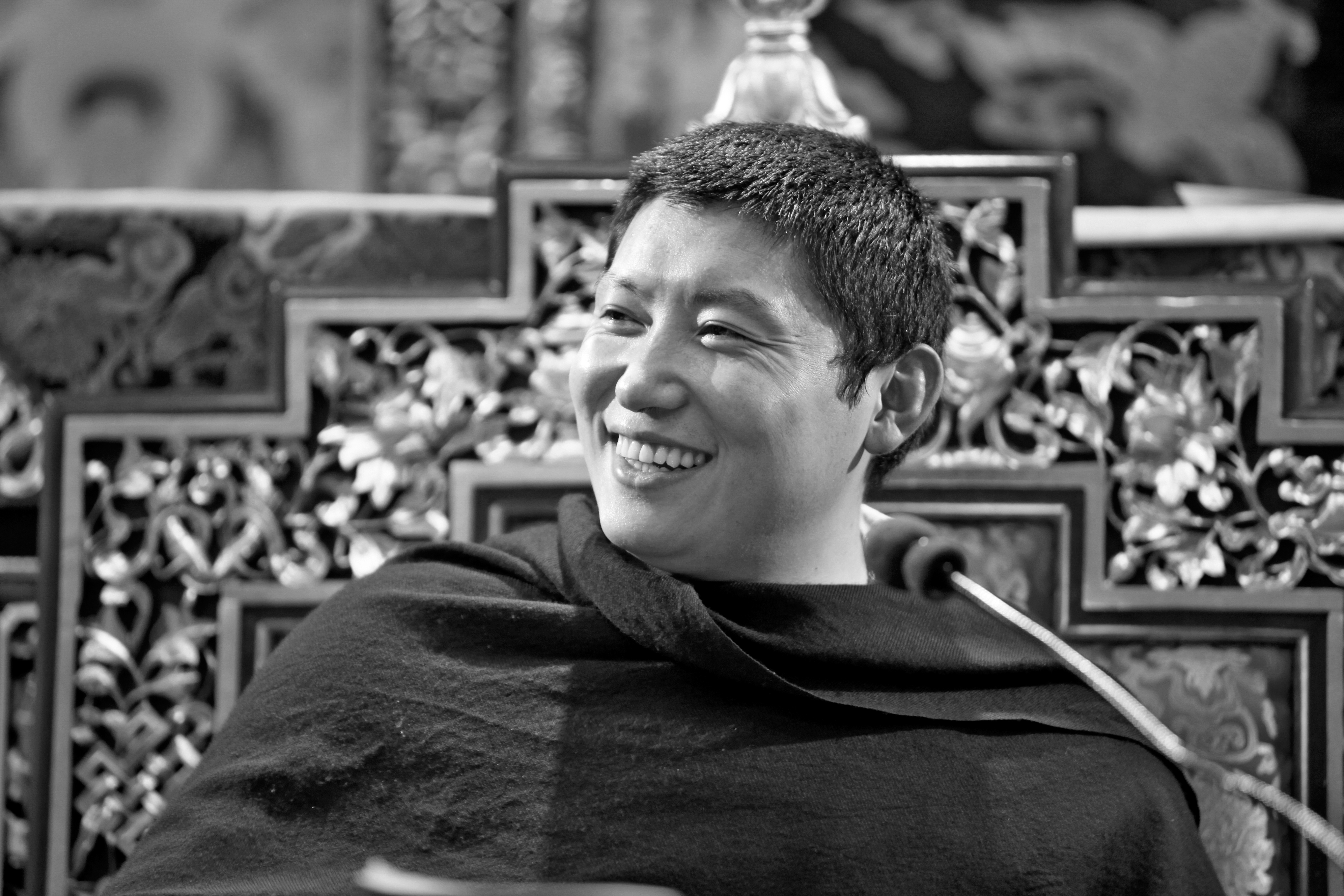
Perhaps the world’s biggest stealer of contentment is comparing ourselves to others and their circumstances. Even if it isn’t others’ circumstances, we engage in comparing our life to the life we think we ought to be having. The result of all this comparing can often be thoughts of self-denigration so strong that they can completely overwhelm us. Therefore, we need to relax the comparing by learning to accept ourselves, warts and all. We can do that by appreciating what we have. Through gratitude and acceptance, instead of denigrating ourselves, we can approach our shortcomings and improve our lives from the perspective of a healthy self-image.
We can learn to weaken the habit of comparison by noticing when it arises and replacing it with appreciation. For example, when we are on the beach having a great day, instead of thinking “too bad we can’t have more days like this” we can appreciate how wonderful it is to be able to be here right now. And guess what? This brings us right into the present moment, the place where basic happiness resides.
The question isn’t whether or not we should ever measure how we are doing in life; we are already doing that most of the time anyway. The question is how much of the time is it habitual, and how often does it only result in creating negative emotions, which can lead to a damaging self-image. Ask yourself, do you always want to be reacting to things from the standpoint of a weak view of yourself or from the point of view afforded by a positive, healthy sense of yourself? Which one will likely lead to the best result? Do you want to be successful and stressed out or could it be that there is a way to be successful and yet also relaxed?
Erric Solomon “I remember during the first dot-com explosion, it seemed like everyone knew at least one person who was a complete jerk and made $200 million in an IPO (initial public offering of stock, the main way that tech start-ups cash in). For example, there was even one guy at my company whom no one thought was especially talented yet who made megabucks about eighteen months after he quit.
All these stories of overnight gazillionaires totally transformed Silicon Valley; nearly everyone, it seems, was infected by jealousy or extreme dissatisfaction. The funny part was that there were far more people we knew who left their high-paying job for a 100-hour-a-week start-up that totally flamed out. In other words, a few lucky ones made a lot of money, a few had a good time in spite of or because of the long hours, but most seemed to work like crazy and all they got was a gargantuan dose of stress and even more dissatisfaction.
There were also more than a few people who left a good job because they had a really cool idea and thought it would be fun to try to realize it in the marketplace. It seems to me that those were the ones who were really successful. Some made a boatload of money, but no matter what, they were stoked about the experience. They were grateful that they could get up every day and work on something they believed in.”
Establishing a Daily Habit of Gratitude
Improving an aspect of your life is easier and more fruitful when you have an attitude of gratitude, rather than when you are obsessed with comparing. We aren’t saying all comparison is bad (in fact, we’re suggesting you engage in a little bit of healthy comparison). The key point is that we need to relax the habit of constant comparison.
It’s the unconscious habit of comparison we’re trying to cut. We need to be able to compare and contrast or we won’t be able to function in life. For example, when we go to the grocery store we need to pick out the fresh veggies and avoid the rotting ones. But we also need to be aware of how often we are habitually comparing and understand the way it can steal away our sense of well-being. So, comparison is okay, just as long it is a conscious act and not the habitual comparison that’s the result of constantly evaluating the quality of experience, the thing that robs us of basic happiness.
In the following exercise, you will be given an opportunity to develop an attitude of gratitude and gradually relax the habit of comparing.
Happy with How I Am and What I Have
It’s best if you can do this exercise at the beginning of the day. If you meditate, you can make it part of your normal meditation practice.
- Begin the practice by sitting in an upright comfortable position.
- Start by breathing naturally, and bring your attention to lightly notice the sensation of inhalation and exhalation.
- After a minute or two do the following:
- As you breathe in, think, “I am happy with who I am.” As you exhale, think, “I am happy with what I have.”
- Repeat this breathing exercise for at least five minutes.

From Radically Happy: A User’s Guide to the Mind by Phakchok Rinpoche and Erric Solomon © 2018 Phakchok Rinpoche and Erric Solomon. Reprinted in arrangement with Shambhala Publications, Inc. Boulder, CO.
Follow us here and subscribe here for all the latest news on how you can keep Thriving.
Stay up to date or catch-up on all our podcasts with Arianna Huffington here.



